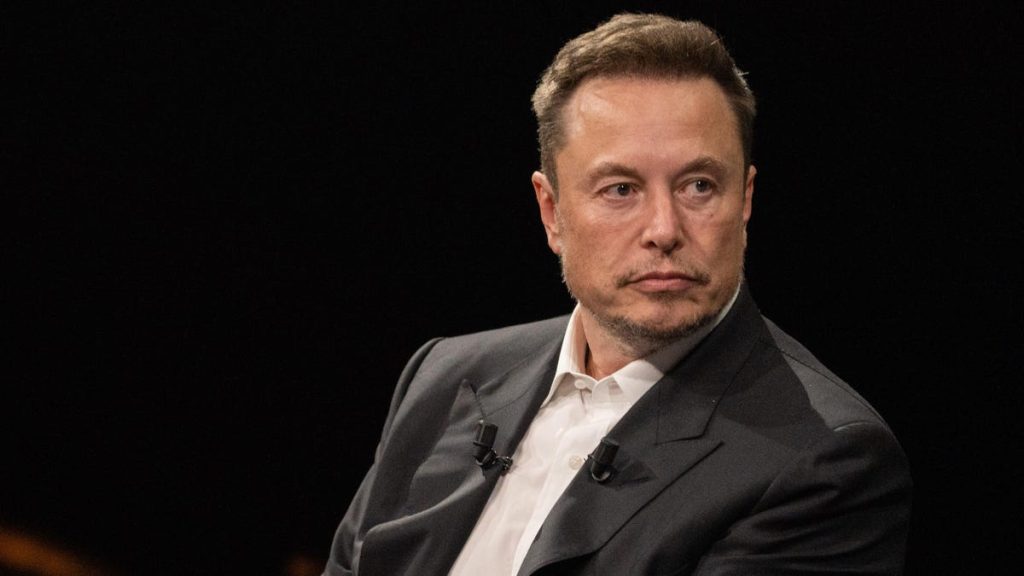Elon Musk has threatened to ban Apple devices, including the iPhone, from the companies he founded due to concerns about user data protection in light of Apple’s partnership with OpenAI. Musk stated that if Apple integrates OpenAI at the operating system level, Apple devices will be banned at his companies. He suggested that visitors to his companies would have to check their Apple devices at the door and store them in a Faraday cage for security reasons. Apple has not yet responded to Musk’s comments.
Apple recently unveiled new AI-based features at its annual developer event, including a partnership with OpenAI that would allow users to access ChatGPT through Siri. The integration with ChatGPT is optional, and Apple assured users that their personal data would not be collected, but rather obscured for privacy protections. The company highlighted its commitment to privacy by designing Apple Intelligence to set a new standard for privacy in AI. Requests would be processed on-device without the need for an internet connection, with more complex requests sent to secure data centers with Apple-made chips.
Despite his past involvement with OpenAI, Musk has had a complex relationship with the organization. He co-founded OpenAI in 2015 but stepped down from the board in 2018. Musk also took legal action against the makers of ChatGPT earlier this year, alleging that the company had strayed from its initial mission to develop AI for the benefit of humanity in pursuit of profits. Musk’s concerns about data privacy and security are reflected in his recent threat to ban Apple devices from his companies if OpenAI is integrated into Apple products at a deeper level.
The competition to develop cutting-edge virtual assistants continues with companies like Google, OpenAI, and Elon Musk’s xAI. Musk’s AI company is working on enhancing its Grok chatbot to include multimodal capabilities, as outlined in public developer documents. Apple’s focus on privacy as a core value when creating products and services is evident in its approach to AI development. By processing certain requests on-device and only routing more complex requests to the cloud in secure data centers, Apple aims to maintain user privacy and ensure that data is not stored or accessible to the company.
Apple’s partnership with OpenAI, particularly in integrating ChatGPT with Siri, represents a significant advancement in AI capabilities for Apple devices. While the optional integration offers users access to advanced chatbot features, Musk’s concerns about data security and privacy raise questions about the potential implications of this partnership. As the debate over data privacy and AI ethics continues, companies like Apple and OpenAI will need to prioritize transparency and user trust to navigate the complexities of AI integration in consumer products effectively.


